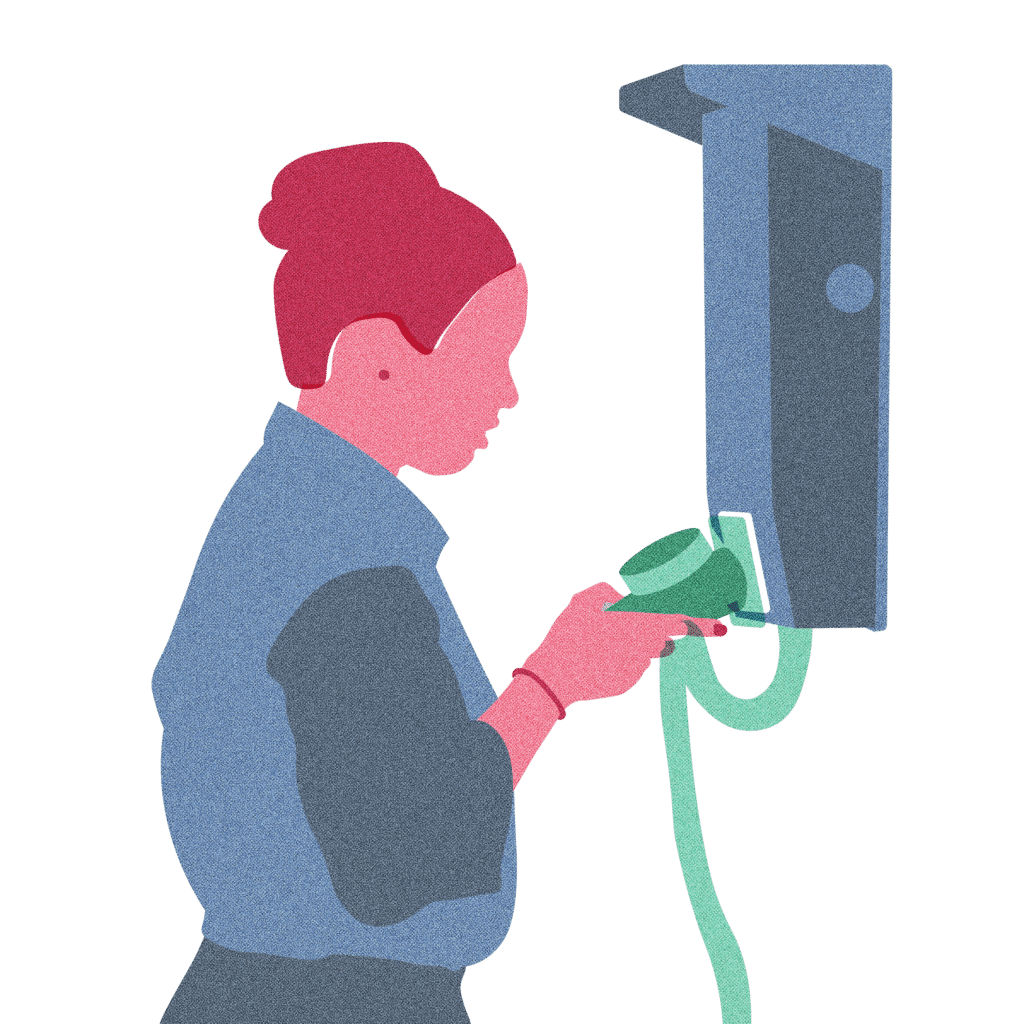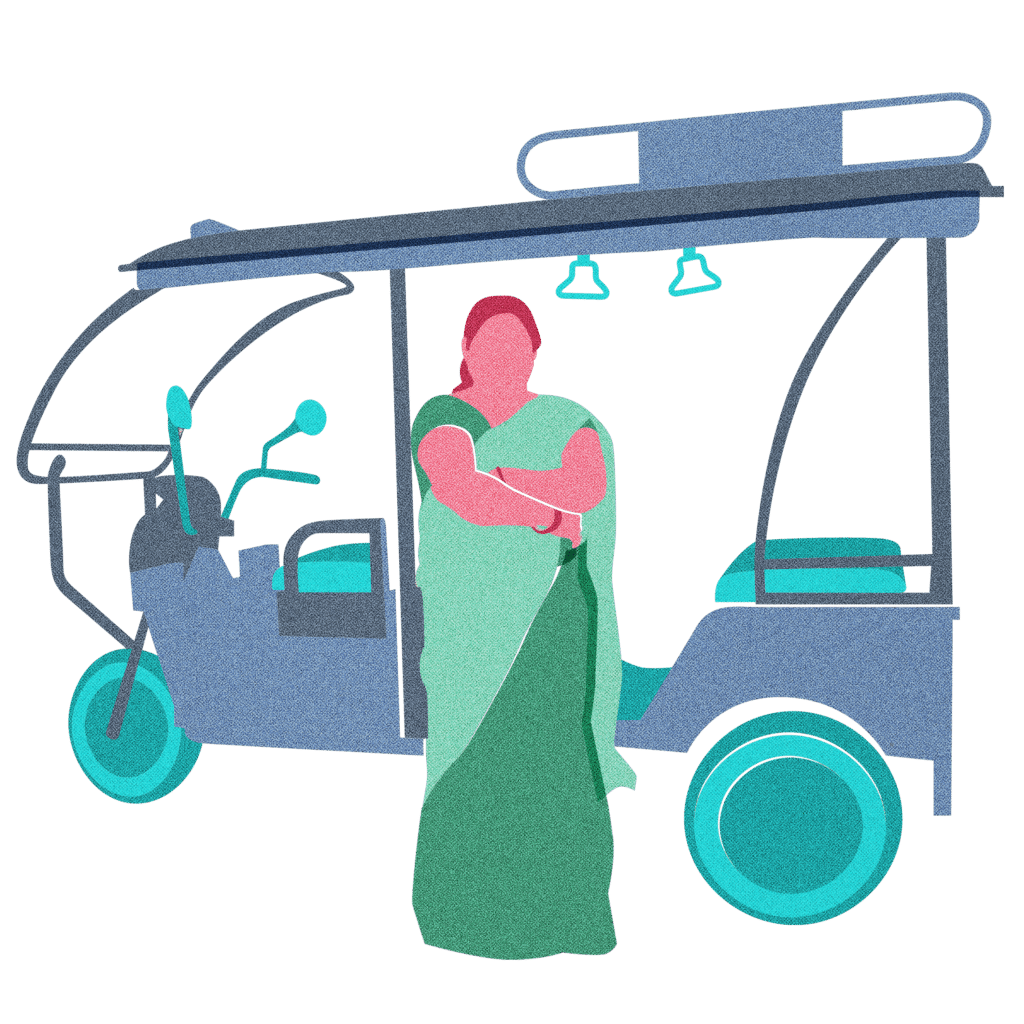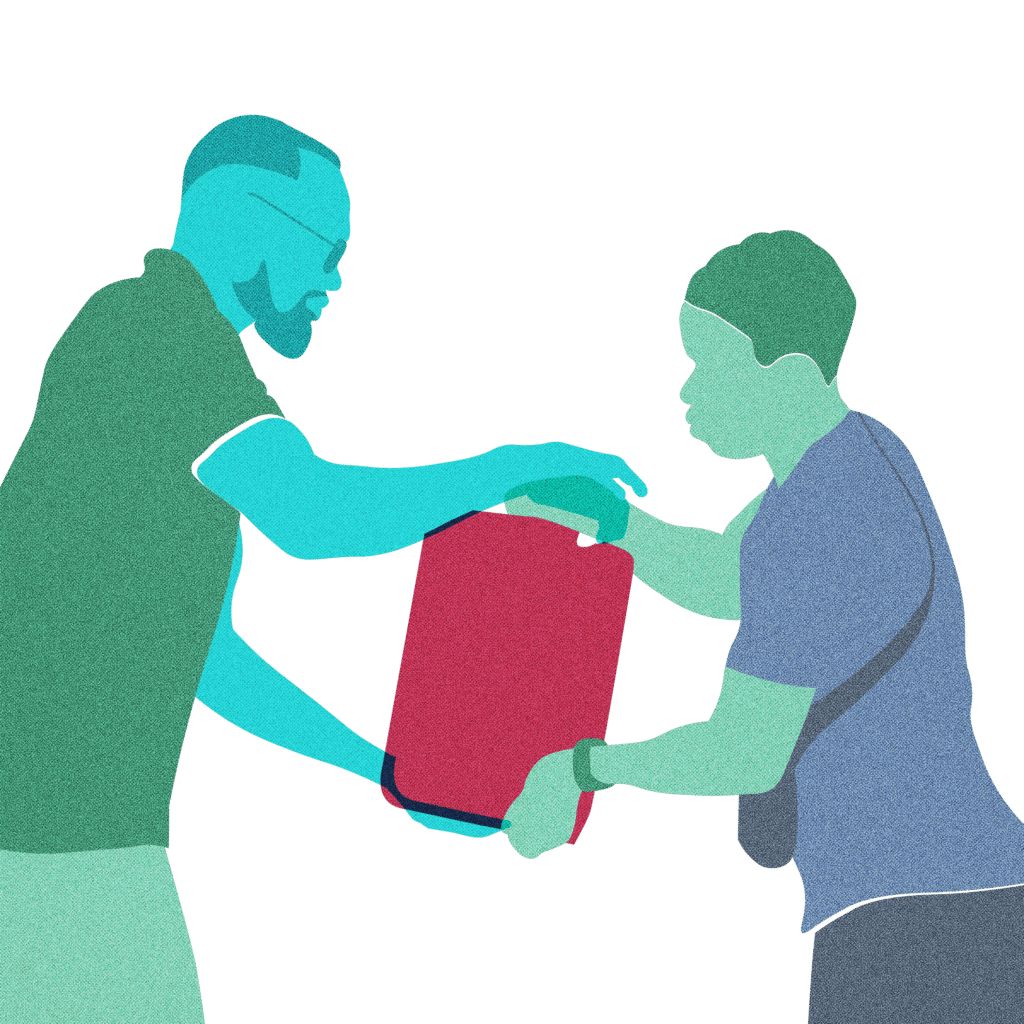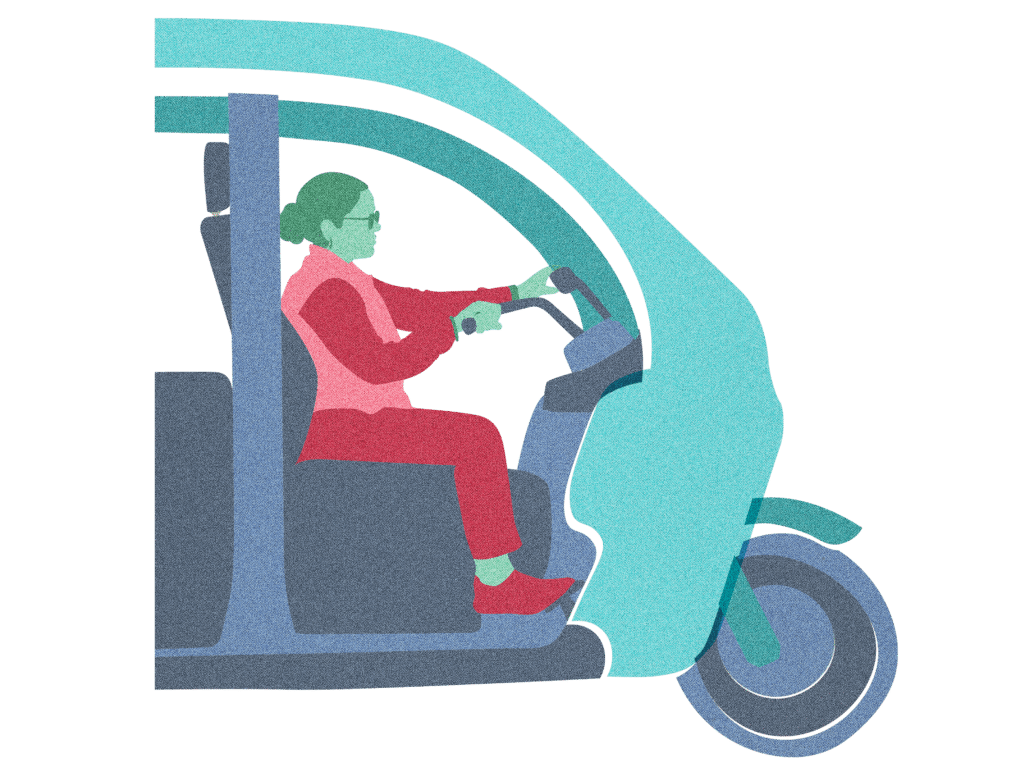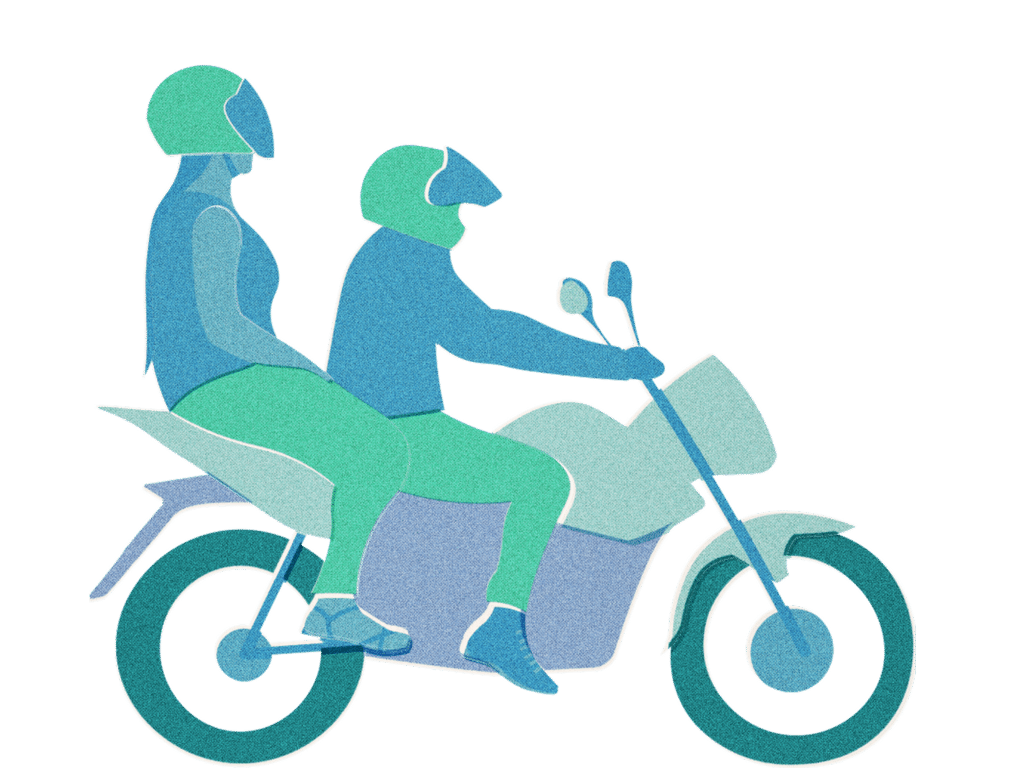How cold chain infrastructure is transforming Kenyan fishing communities
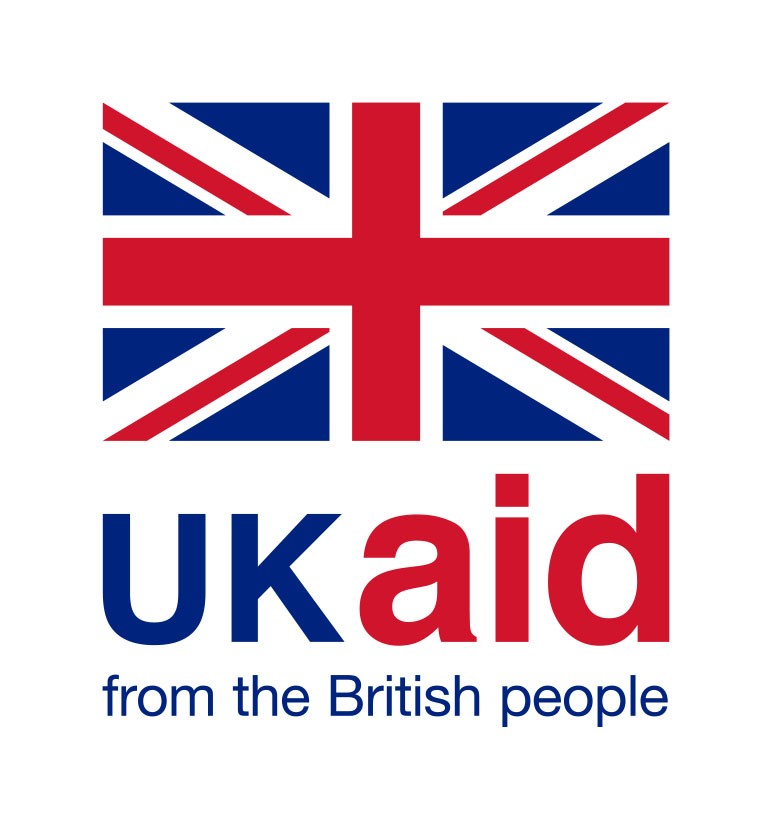 Shell Foundation has supported KeepITCool (KIC) – a social enterprise that facilitates trading of fish through shared cold chain transportation and solar back-up cooler boxes – since 2020, as part of our CASEE partnership with the UK’s Foreign, Commonwealth and Development Office.
Shell Foundation has supported KeepITCool (KIC) – a social enterprise that facilitates trading of fish through shared cold chain transportation and solar back-up cooler boxes – since 2020, as part of our CASEE partnership with the UK’s Foreign, Commonwealth and Development Office.
A new report looks at the potential impact that KIC’s cold chain technology can have on two stakeholder communities in Kenya: small-scale fish retailers and fisherfolk.
READ THE FULL REPORT (pdf, 1mb)
By qualitatively analysing key informant statements and quantitative analysis of KIC marketing data, the study presents benefits for both groups:
For Fish Retailers: KIC’s refrigerated trucks prevent fish from deteriorating during transportation. This enables retailers to access higher quality fish supplies, which allows them to charge a premium. The impact on price is amplified by their improved access to reliable cold storage provided by the cooler boxes, which further reduces post-harvest quality losses. As well as this, because the cooler boxes are solar-powered, there is the potential to reduce energy costs which contributes further to increased profitability.
For Fisherfolk: As the fish is sold in the market at a higher price, fisherfolk are in turn able to sell their production at a higher price. The competitiveness of the business model also allowed KIC to provide cooperatives with better trading terms such as upfront cash payments and guaranteed offtake, which improves fisherfolk’s liquidity and stability of demand. As for retailers, solar technology has the potential to improve reliability of cold storage, which will further reduce post-harvest losses and empower fisherfolk. These findings have led KIC to start planning the development of a first-mile cold storage aggregation facility.
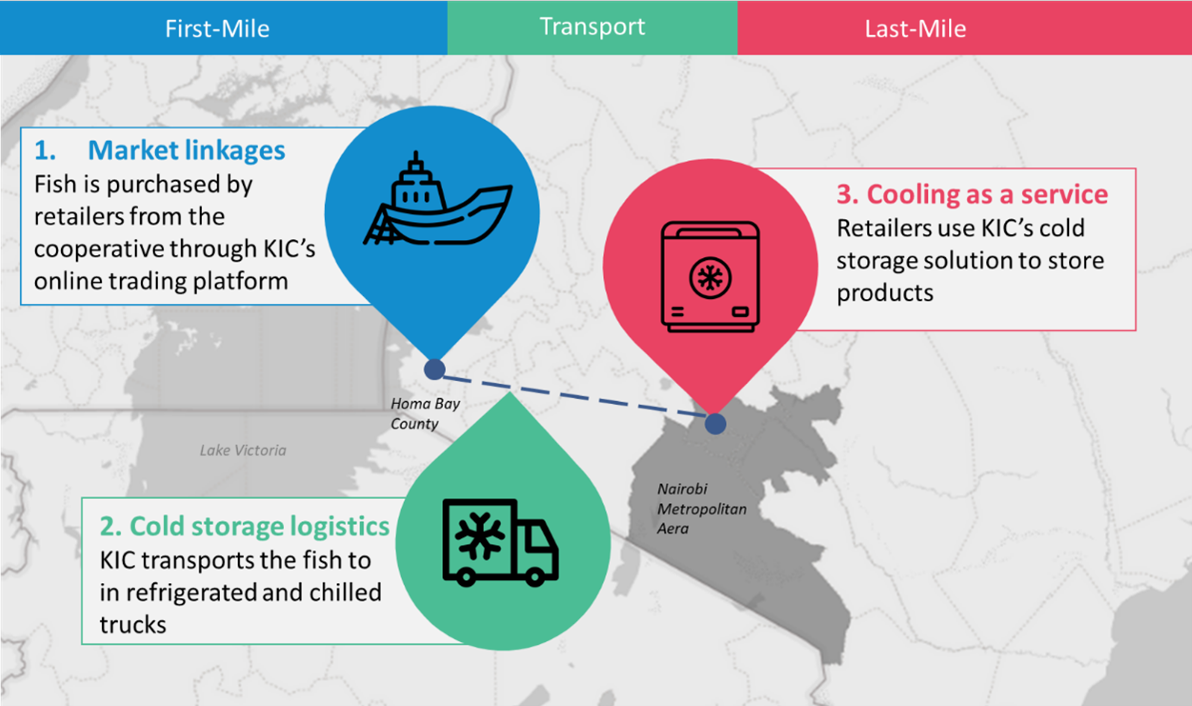
The success of KIC’s business model – despite the tough economic climate – suggests that with the recovery of economic activities, many more retailers, including hotels or restaurants, are likely to join the platform and demand for cooling-as-a-service is likely to increase. There is opportunity for KIC to adapt its business model for scale not only to provide cold storage to first-mile customers, but also to expand geographically and increase the supplier base cost-effectively.
Download the full report (pdf, 1mb)





